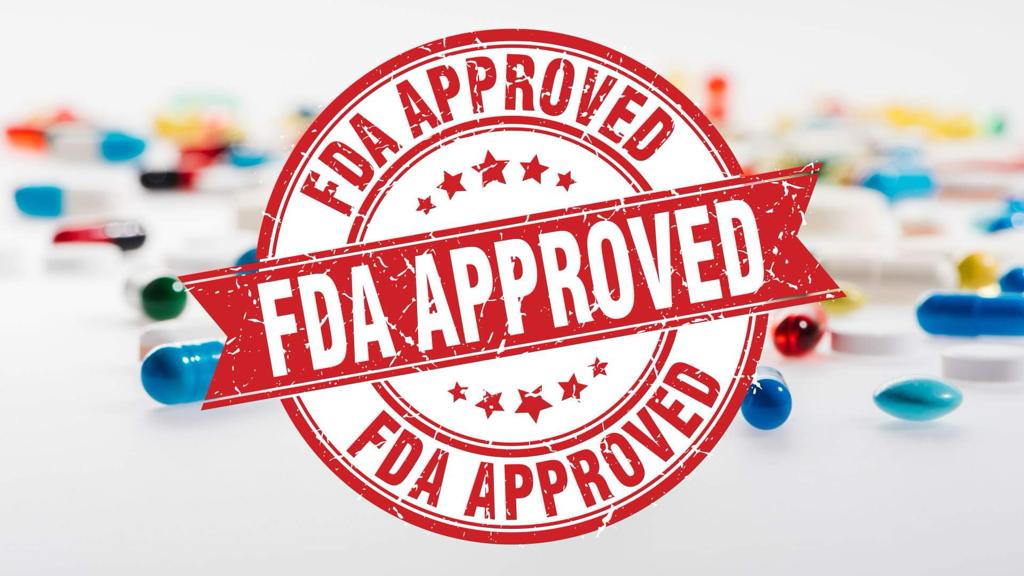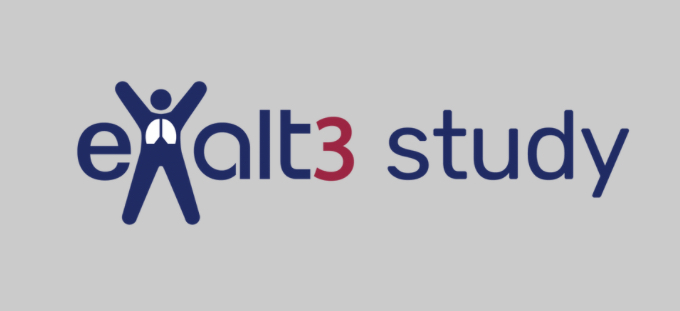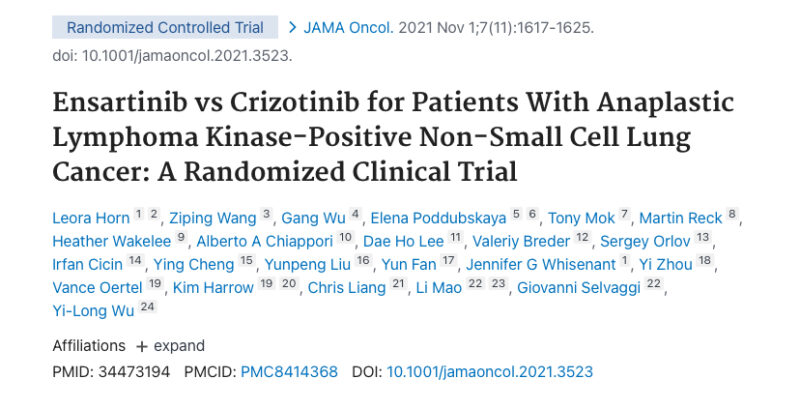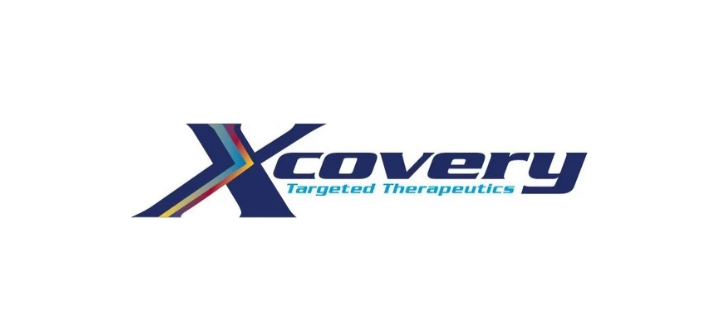
FDA has Approved Ensartinib for ALK-Positive Advanced NSCLC
On December 18, 2024, The FDA has approved ensartinib for the treatment of ALK-positive, locally advanced, or metastatic non-small cell lung cancer (NSCLC).
Ensartinib (marketed as Ensacove by Xcovery Holdings) was approved for the treatment of adult patients with anaplastic lymphoma kinase (ALK)-positive, locally advanced, or metastatic non-small cell lung cancer (NSCLC) who have not previously been treated with an ALK inhibitor.
About Ensartinib
Ensartinib (X-396) is a novel aminopyridazine-based small molecule that potently inhibits ALK. It is 10 times more effective than crizotinib in inhibiting the growth of ALK-positive lung cancer cell lines.
Additionally, ensartinib has demonstrated strong activity against ALK fusion variants with point mutations, such as L1196M and C1156Y, which are linked to crizotinib resistance. In preclinical studies, ensartinib showed significant antitumor activity in H3122 lung cancer xenografts with the EML4-ALK E13;A20 fusion, along with favorable pharmacokinetic (PK) and safety profiles.
Ensartinib is considered a potential best-in-class compound for the first-line treatment of ALK-positive non-small cell lung cancer (NSCLC). It has shown promising clinical activity in patients with ALK-positive NSCLC in a phase 1/2 trial.
A completed single-arm phase 2 trial involving 156 Chinese patients evaluated ensartinib as a second-line treatment for those previously treated with crizotinib. Additionally, a global phase 3 trial is comparing ensartinib to crizotinib as a first-line treatment.
About eXALT3 trial

The approval is based on the results of the eXALT3 trial, a randomized, open-label, multicenter study involving 290 patients with ALK-positive NSCLC who had not received prior ALK-targeted therapy.
Participants were randomly assigned to receive either ensartinib or crizotinib.
Authors: Leora Horn et al.

The trial’s primary goal was to assess progression-free survival (PFS), with overall survival (OS) as a key secondary outcome. Ensartinib showed an improvement in PFS compared to crizotinib, with a hazard ratio (HR) of 0.56 (95% CI: 0.40–0.79; p = 0.0007).
Median PFS was 25.8 months (95% CI: 21.8–not estimable) for ensartinib versus 12.7 months (95% CI: 9.2–16.6) for crizotinib. However, no significant difference in overall survival was observed (HR 0.88; 95% CI: 0.63–1.23; p = 0.4570).
Common side effects of ensartinib (occurring in 20% or more of patients) included
- rash,
- muscle and joint pain,
- constipation,
- cough,
- itching,
- nausea,
- swelling,
- fever,
- fatigue.
The approved dose of ensartinib is 225 mg taken orally once daily, with or without food, until the disease progresses or the patient experiences unacceptable side effects.
About Xcovery Holdings

Xcovery is a biopharmaceutical company dedicated to improving the lives of cancer patients by discovering and developing innovative treatments for advanced tumors.
The company is focused on advancing a pipeline of oncology therapies designed to target a broad spectrum of malignant diseases. Through this work, Xcovery aims to bring cutting-edge solutions to those affected by cancer, striving to make a meaningful impact on patient outcomes.
Further Reading:
Immunotherapy for Lung Cancer: Patient Version
Large Cell Lung Carcinoma: What patients should know about
-
Challenging the Status Quo in Colorectal Cancer 2024
December 6-8, 2024
-
ESMO 2024 Congress
September 13-17, 2024
-
ASCO Annual Meeting
May 30 - June 4, 2024
-
Yvonne Award 2024
May 31, 2024
-
OncoThon 2024, Online
Feb. 15, 2024
-
Global Summit on War & Cancer 2023, Online
Dec. 14-16, 2023
